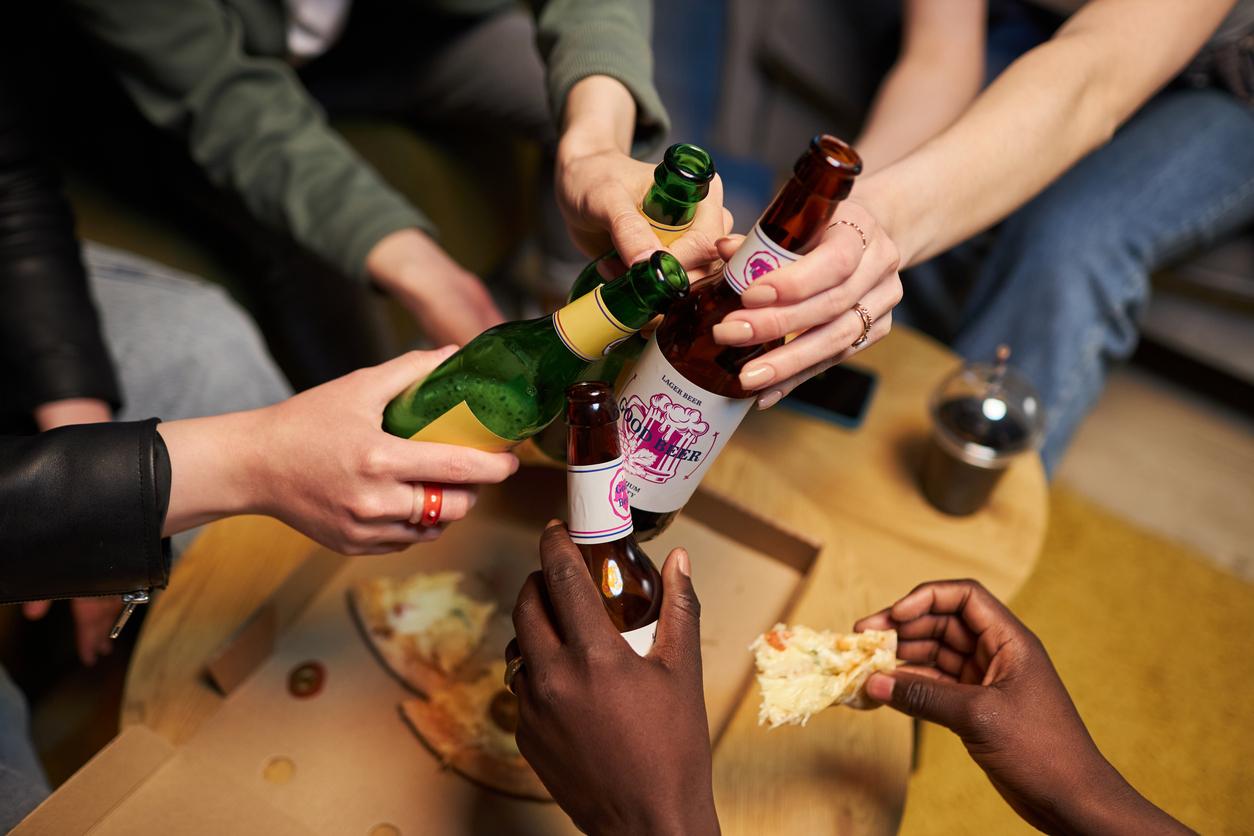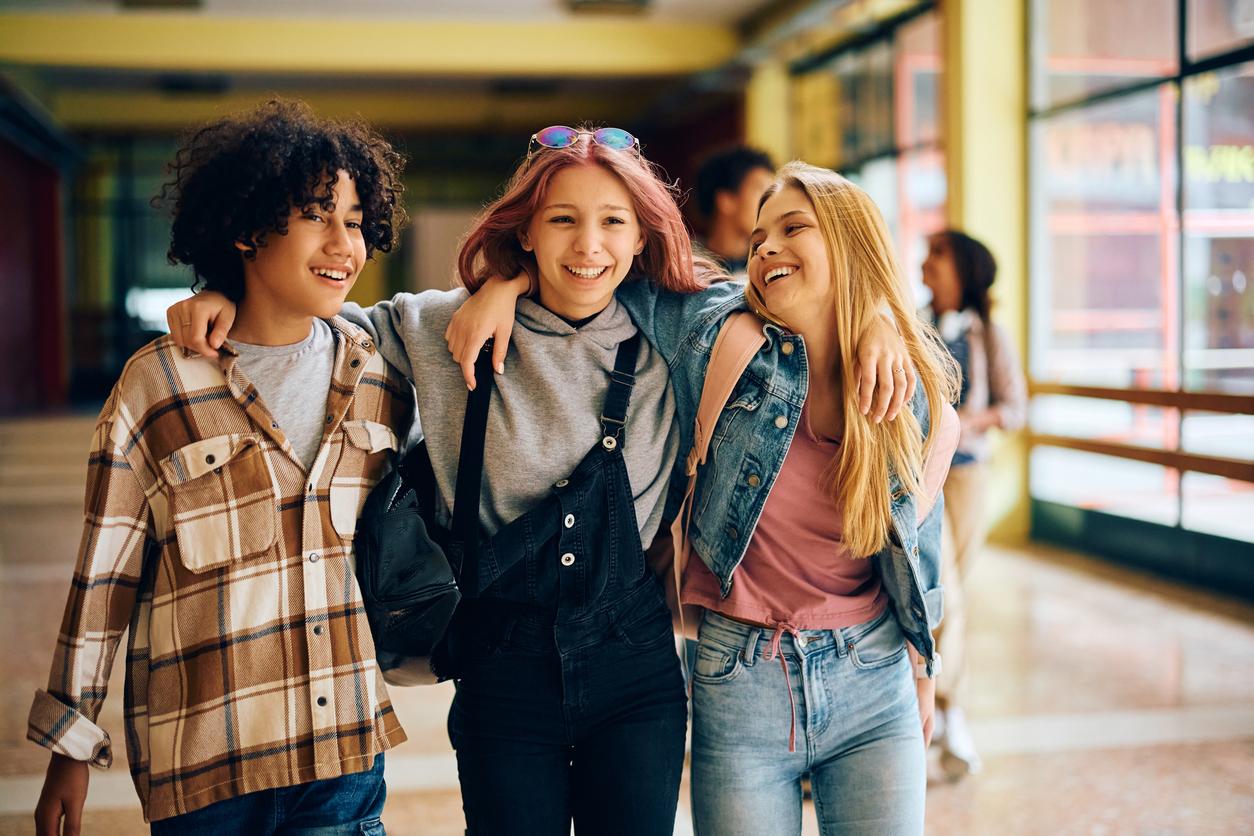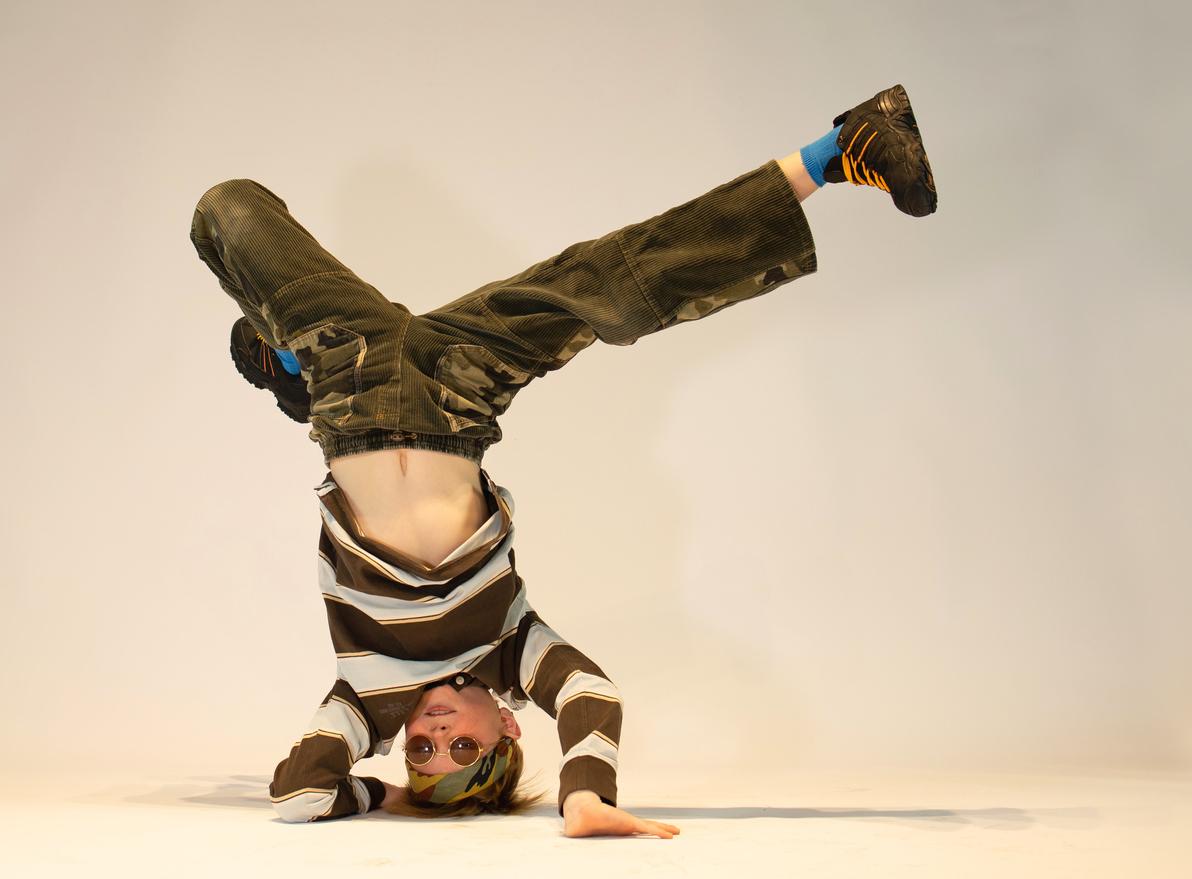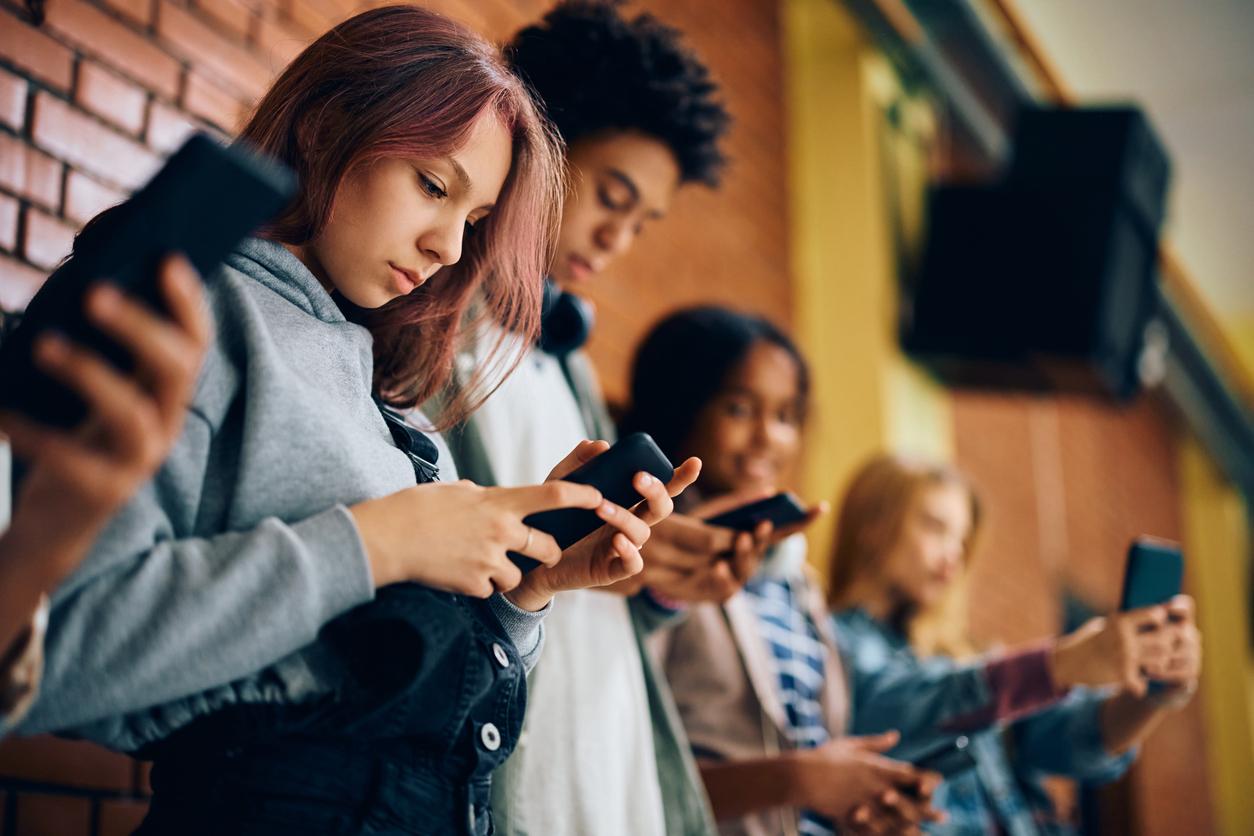Dance and movement therapy helps increase emotional and social intelligence in middle school students and reduce bullying, a new study finds.
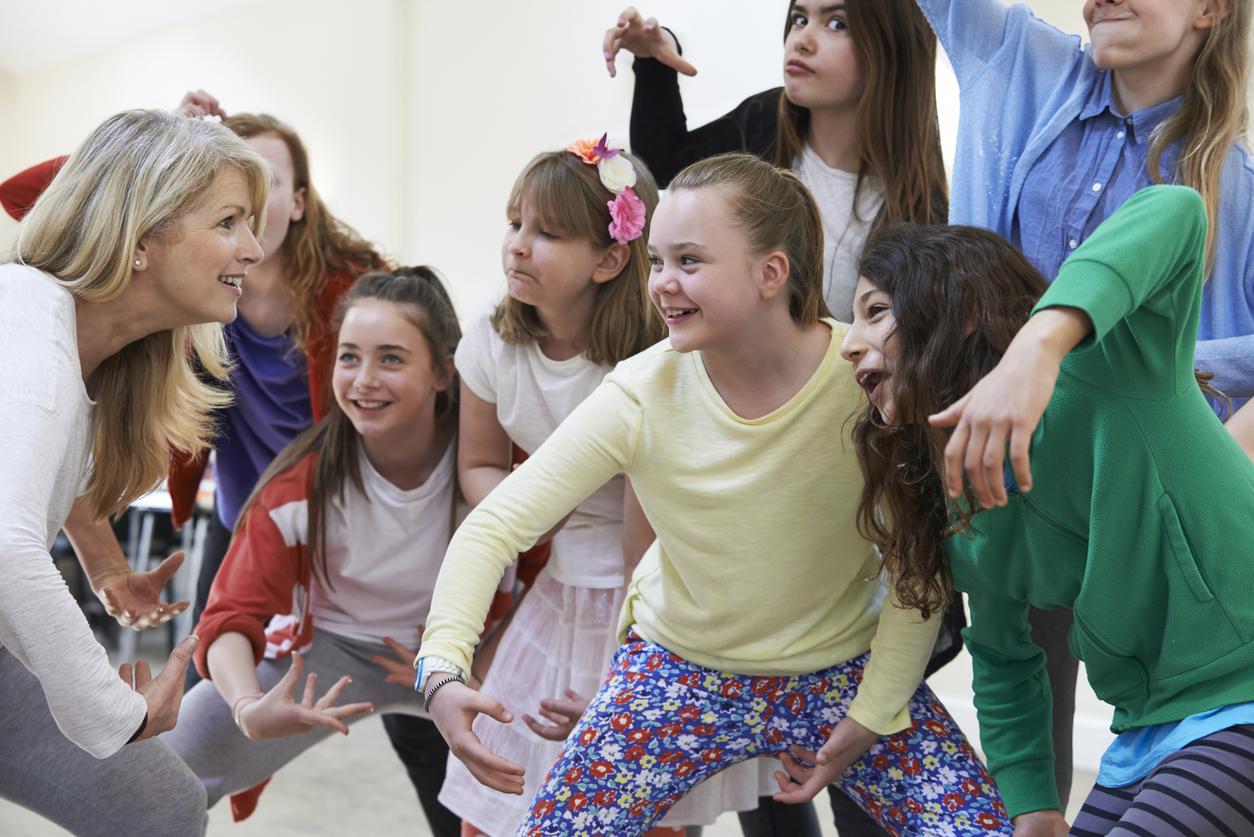
- Dance and body movement therapy have a positive impact on empathy and peer relationships among middle school students.
- Young participants noted increased emotional and social intelligence (including empathy) as well as better intercultural relationships with other adolescents.
- According to the study, it would be interesting to offer DMT in colleges to promote empathy or even prevent attacks and intimidation.
Clothing, physique, way of speaking or walking, cultural identity… middle school students very often point out the differences between their classmates. This phenomenon can go as far as harassment. But dance could be the effective way to avoid this escalation, according to a study by Nalini Prakash, a member of Drexel University and specialist in dance and movement therapy.
Her program, designed to create connections between young people from different backgrounds, revealed that dance and movement therapy had a positive impact on empathy, relationships with others and emotional intelligence in adolescents.
Dance and body therapy: middle school students understand each other better
For this study published in Social Sciences & Humanities Openthe scientist met with students from three middle schools (private and public) in the Washington DC and Philadelphia areas. The young volunteers participated in 10 weekly 50-minute dance and body movement therapy (DMT) sessions. Each of them had a theme chosen to explore empathy or connection. Examples include: “getting to know yourself”, “self-compassion”, “respectful exchange”, “finding common ground” or even “understanding the emotional expression of others”.
“Sessions began with a verbal recording supported by movements representing the participants’ current mood, followed by a semi-structured warm-up, a core activity including creative/expressive movement interactions, and ended with a cool-down and group discussion.”the expert said in a press release.
The students were asked to complete surveys assessing their empathy, relationships with others, and feelings of self-efficacy (belief in one’s ability to succeed at a task) at the beginning, middle and end of the experiment. While the quantitative data did not show any significant changes in empathy or peer relationship scores, the qualitative results were positive.
The teenagers interviewed said they had noticed differences in their daily lives. “Participants reported that DMT promotes empathy, positive peer relationships, and feelings of self-efficacy in cross-cultural contexts.”assures Nalini Prakash.
She added that students noted improvements in intra- and interpersonal relationships, increased emotional and social intelligence, including empathy, and better intercultural relationships with their peers. They added that they had acquired greater multicultural awareness, an understanding of different worldviews and an openness to others.
“Key elements of DMT, such as mirror reflection or empathic movement as well as rhythmic movements, likely played an important role in developing group cohesion among participants, leading to positive psychosocial outcomes”concludes the expert.
DMT in schools to prevent violence and bullying
The benefits of the dance and body movement therapy sessions were not only felt in the school hallways. They were also visible in the classroom. Participants reported that the program also helped alleviate academic stress, allowing for better concentration in class.
“This study enhances existing research in the fields of DMT and education, particularly in violence prevention programs that target bullying,” explains Nalini Prakash at the end of her study.
She also believes that “Regular inclusion of DMT in schools could provide students with a unique opportunity to explore intercultural relationships with their peers through dance and movement while improving their psychosocial and academic skills.”









